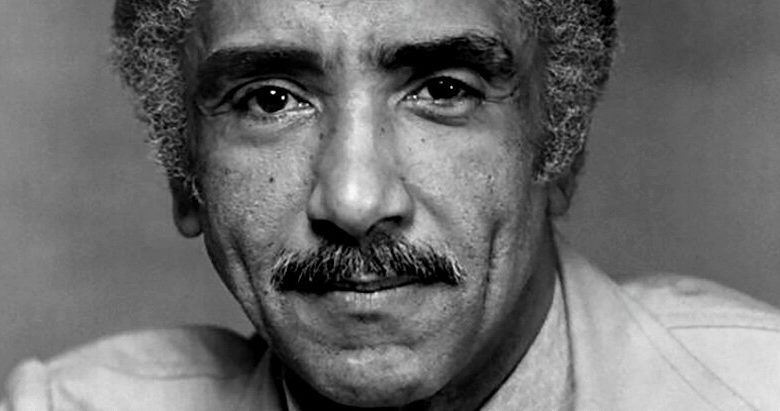Robert Macbeth, Founder of Harlem’s New Lafayette Theater, Dies at 89

Robert Macbeth, a rising Black actor in the New York theater scene, was sitting in a Greenwich Village bar in September 1963, getting a drink before going onstage for an Off Broadway improv show. The evening news played in the background.
“I happened to look up and there was a flash, and the flash was about the four little girls getting killed in Birmingham,” he said in a 1967 interview, recalling the bombing of the 16th Street Baptist Church in Birmingham, Ala. “And there I was, sitting in a Village bar, with a Scotch in my hand.”
He went onstage that night, and, rather than following the show’s loose routine, he began shouting, walking up and down the aisles, getting in the faces of the mostly white crowd.
“I must have scared the audience half to death,” he recalled in the interview. But rather than absorb his message, they seemed to take it as entertainment: “They loved it, but that wasn’t the idea.”
Mr. Macbeth, distraught over his inability to convey his anger and sadness, stopped acting after that night in 1963 and, in his words, went into “exile” from the stage. He worked in a bookstore, taught acting classes and tried to process the violent changes rippling through Black America in the 1960s.
Slowly, an idea took form: Black actors and playwrights could never be fully effective in white-dominated spaces. They needed their own. So, in 1967, he gathered together a troupe of more than 30 actors and artists to open the New Lafayette Theater in Harlem.